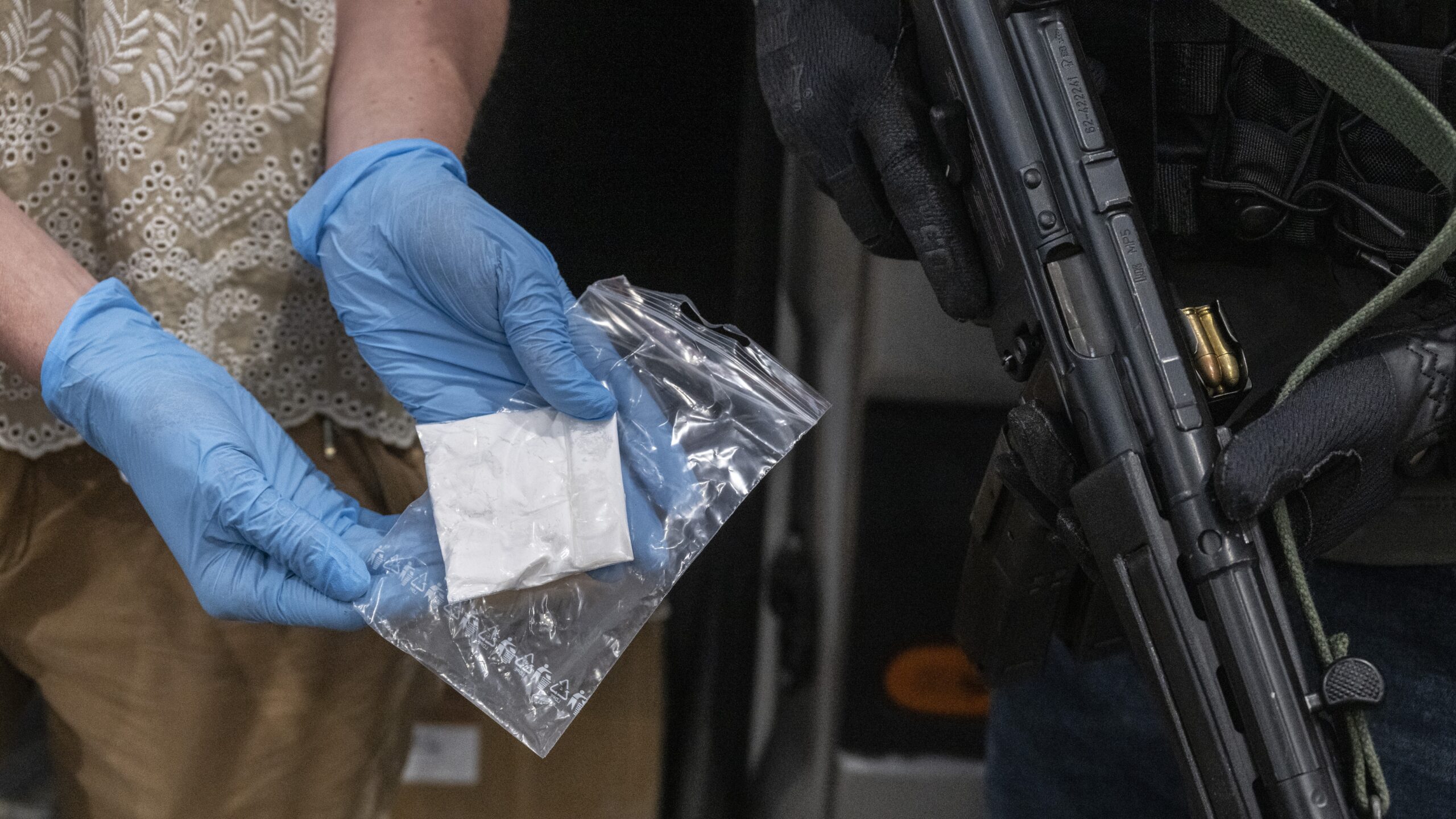Hungary’s nationwide anti-narcotics initiative, the DELTA Programme, has led to more than 3,500 criminal proceedings in its first three months, according to a government announcement made on Sunday in Budapest. The effort, aimed at disrupting drug trafficking and preventing related crimes, has already made a significant impact.
László Horváth, the government commissioner responsible for dismantling drug networks, revealed that authorities have seized over 500 kilograms of narcotics, approximately 250 million forints in cash, and valuables worth nearly 100 million forints. Nearly 100 vehicles used in drug distribution were also confiscated. The programme not only targeted local dealers but also dismantled industrial-scale production operations and international trafficking rings. As a result, Horváth noted, the volume of drugs circulating in Hungary has dropped, consumption has declined, and the number of new users is also down.
The commissioner emphasized that Prime Minister Viktor Orbán’s directive to launch an aggressive crackdown on drug dealers was essential, citing the overwhelming and harmful presence of traffickers in many communities, especially those targeting young people. Horváth credited the results to stronger cooperation between authorities, reinforced legal measures, and Hungary’s constitution, which now explicitly bans the production, distribution, use, and promotion of illegal drugs. A new law, coming into effect on 15 June, will allow even faster and more effective enforcement, raising the pressure on offenders. ‘There is no compromise with those who profit from poisoning others,’ Horváth said, promising continued police and community patrols, enhanced cooperation, and prevention strategies built around local resilience.
‘There is no compromise with those who profit from poisoning others’
Deputy National Police Chief Sándor Töreki provided further insight into enforcement. Currently, 448 investigators are working on drug-related cases, supported by the newly established Office for Combating Drug Crime and efforts from local officers, especially in small towns.
Töreki reported that 826 cases have already resulted in indictments. While Budapest and Pest County saw the most cases, significant activity was also reported in Borsod-Abaúj-Zemplén, Hajdú-Bihar, and Heves counties. Nationwide, more than 28,000 officers have participated in inspections of 558 entertainment venues, leading to 1,023 arrests.
Large-scale operations included the dismantling of a drug lab in Csepel with 7.5 tons of production materials, and the seizure of over 6,000 cannabis plants from a plantation in Tatabánya. Töreki stressed that the fight is far from over, with long-term, multidisciplinary efforts required. Risk analyses of vulnerable municipalities have already been completed, and prevention programmes are underway in disadvantaged areas with the help of local police.
With summer approaching—typically a period of increased drug activity at festivals and outdoor events—authorities are bracing for new challenges, including monitoring online drug markets. However, Töreki highlighted that the government has allocated over 3 billion forints to support the campaign, and public backing remains strong.
Related articles:







